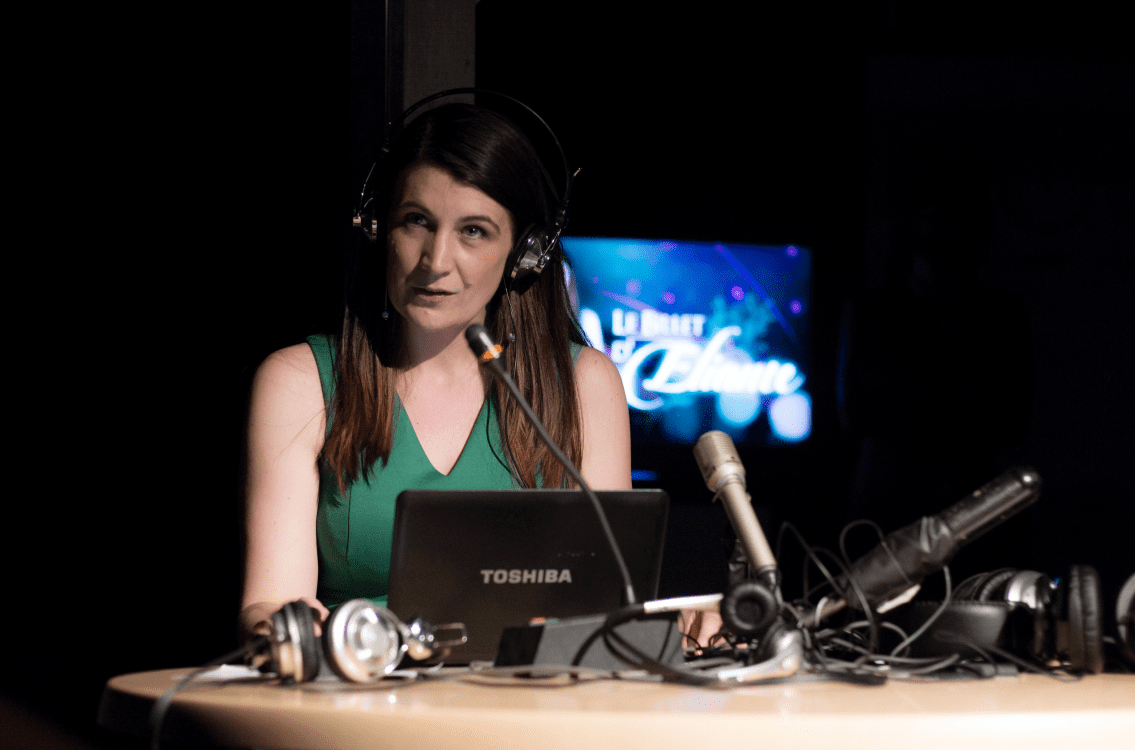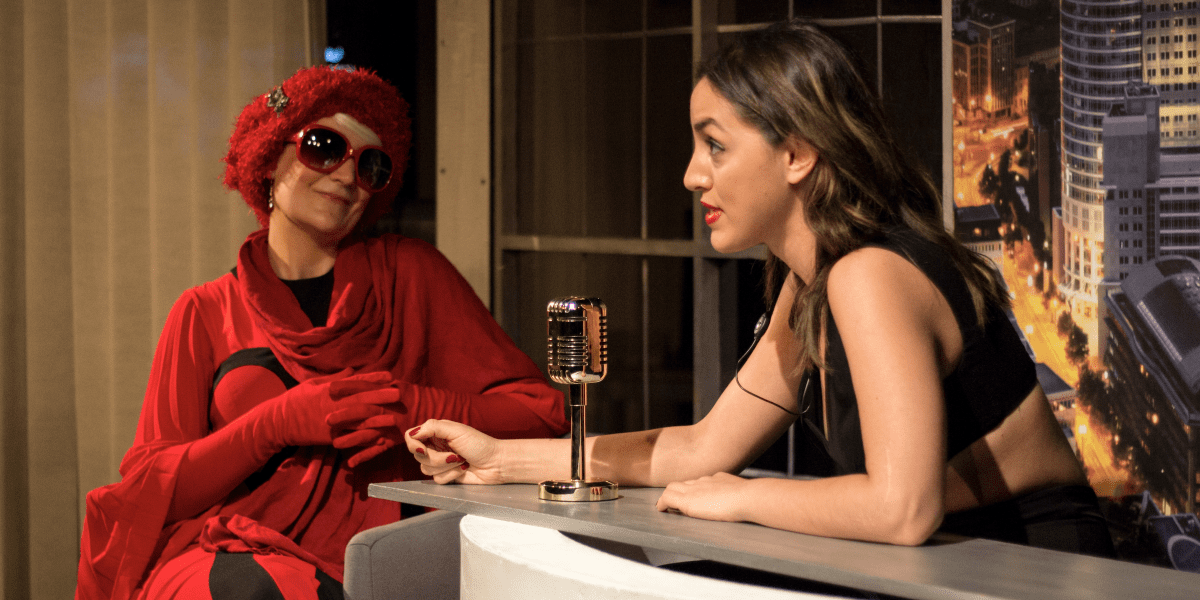David Furlong’s adaptation of Misanthrope takes place at the heart of a modern TV newsroom, turning Molière’s critique of 17th century French society into a commentary on today’s worldwide media frenzy.
Alceste, to the horror of his friends and colleagues, rejects social conventions and the culture of hypocrisy that is particularly prevalent in his workplace. He despises the human race but is in love with Célimène, a radio presenter.

When Alceste insults a sonnet written by Oronte, a powerful noble, he is called to stand trial. Refusing to give out false compliments, he stays true to himself and expresses his profound dislike for the poem. Alceste’s friend Philinte desperately tries to reason with him, insisting that one cannot always tell the truth. For him, compliments and politeness are vital. The debate on Alceste’s blunt honesty versus Philinte’s subscription to the culture of flattery is still very relevant and the entertainment produced in the newsroom is an accurate satire of today’s tabloid journalism and society.
Although the concept has potential, the play fails to truly reflect upon the world we are living in. My scepticism began with the inconsistent and overly formal costumes as well as the poorly staged set. It consisted of a few computers scattered around and two differently sized screens displaying a dreadfully graphed ‘M’. Meanwhile, the on-air sign didn’t turn on when the characters were airing a show.

The danger with such attempts to drag plays into the 21st century is overdoing it. The viewer is bound to become bored with boring clichés such as text messages projected on the screen, endless Skype calls and selfies on phones which don’t even have cameras on them.
The roles are well played, however. The difficulty of performing a 400-year-old rhyming text without it seeming like a recital is immediately surpassed with strong acting skills. Surprisingly it is the smaller roles, like Célimène’s cousin Eliante, which are attributed to the best actors.
The play will be shown alternately in English and French. A bilingual song at the end of the play showcases the cast’s mastery of both languages as well as the excellent singing voices that complement their acting skills.

